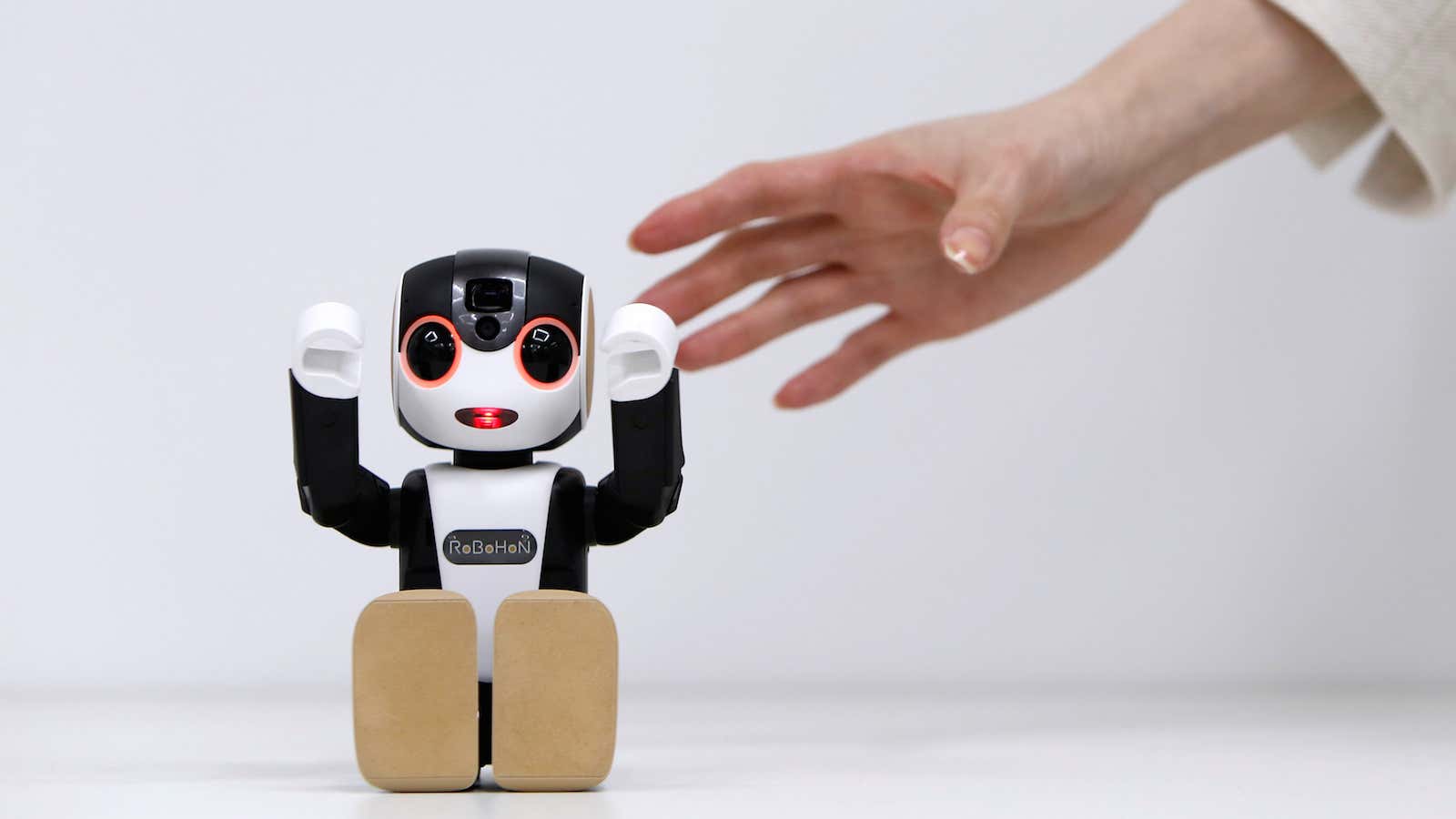Imagine if you could lay out on the table all of your preferences, tics, and tendencies for your colleagues to see. Would this facilitate communication? Would it make you feel almost unbearably vulnerable? Would it prompt your colleagues to curb the habits they now know you’d find annoying? Would it tease out the team’s unwritten rules, its social norms?
The Quartz At Work team thought it was worth a shot. We each wrote our own user manual, a guide to how others on the team could best work with each of us. We based our manuals on a six-part questionnaire that we each completed in isolation and then shared simultaneously (to avoid influencing one another).
As someone who’s always tinkering with my own communication style (with methods such as Deep Work, Inbox Zero, or time boxing), I was eager to see what my colleagues would write in the section called “How to best communicate with me.” Would the honest transparency reduce friction? Or would it add yet another layer of expectations to manage? The exercise revealed a lot about the variances in communication preferences, and the common pitfalls in how people deal with one another in their digital chatter at work. The user manuals written by our team members revealed:
We’re human, things fall through the cracks
“If you’re waiting for me to get back to you, ask me again. I may have missed your email/message.”
“My lack of organization, when it shows, is not for lack of trying, or lack of caring, or a genetic condition, or a personality fault—it’s usually just a function of cognitive overload or deep concentration on whatever is in front of me at the moment.”
Face to face is always preferred…
“I always prefer face to face, but recognize that my meeting schedule can be tricky since I’m not always in the office.”
“[If you need me for more than five minutes], I’d almost always prefer to talk in person, or in a venue that gets us as close to that experience as we can get.”
… but sometimes the good old phone works
“I’m game for anything but a one-to-one video call. … I find the phone much less distracting for two-person conversations.”
We fear Slack rabbit holes…
“I hate getting stuck in Slack vortexes.”
“I ‘schedule’ my time in Slack in blocks, where I’ll see the notifications but may not respond for hours (if it doesn’t appear to be timely).”
… yet one of us craves asynchronous communication
“My ideal debate format would be an email chain.”
We care about limiting our colleagues’ key strokes…
“Sometimes I don’t send ‘thank you’ emails, but it’s because I’m trying to save your inbox from yet another email, not because I’m not grateful.”
“Not a fan of pretense. If you have something to send to me, no need to preface it with Hey [Jane]! Or any exclamatory/politeness norm, unless that makes you feel good and you want to.”
“You can skip the “Hi [Joe],” and the sign offs (unless you like them) and feel free to misspell as many words as you want. We all have too many pings to respond to, and I’m all for making doing so as easy as possible.”
… but please don’t turn into a cold-hearted AI
“Be friendly. It only costs only a few additional keystrokes.”
“Keep up with the inside jokes and [team] shorthand. Makes life at work way more fun.”
I’m not the only one who wonders about closing out Slack conversations
“I’m learning to drop this, but I still tend to wonder what happened when someone disappears from a Slack chat. I’m sure this will change with time, but for now I prefer a ‘gotta run’ or ‘brb,’ or a thumbs up, whatever, to signal that we’re done talking. But if I know that’s not your style, I’ll adapt.”
The Gen X—Millennial divide is real
Go easy on the acronyms/emojis/Internet slang. I’m old.
Seeing all these preferences as a list may seem like a recipe for cognitive overload, but it’s been surprisingly easy to internalize our colleagues’ preferences. While we’re not kumbaya-ing our way to office bliss, I’ve experienced a small dopamine hit each time I’ve realized that I’m being a thoughtful communicator.
